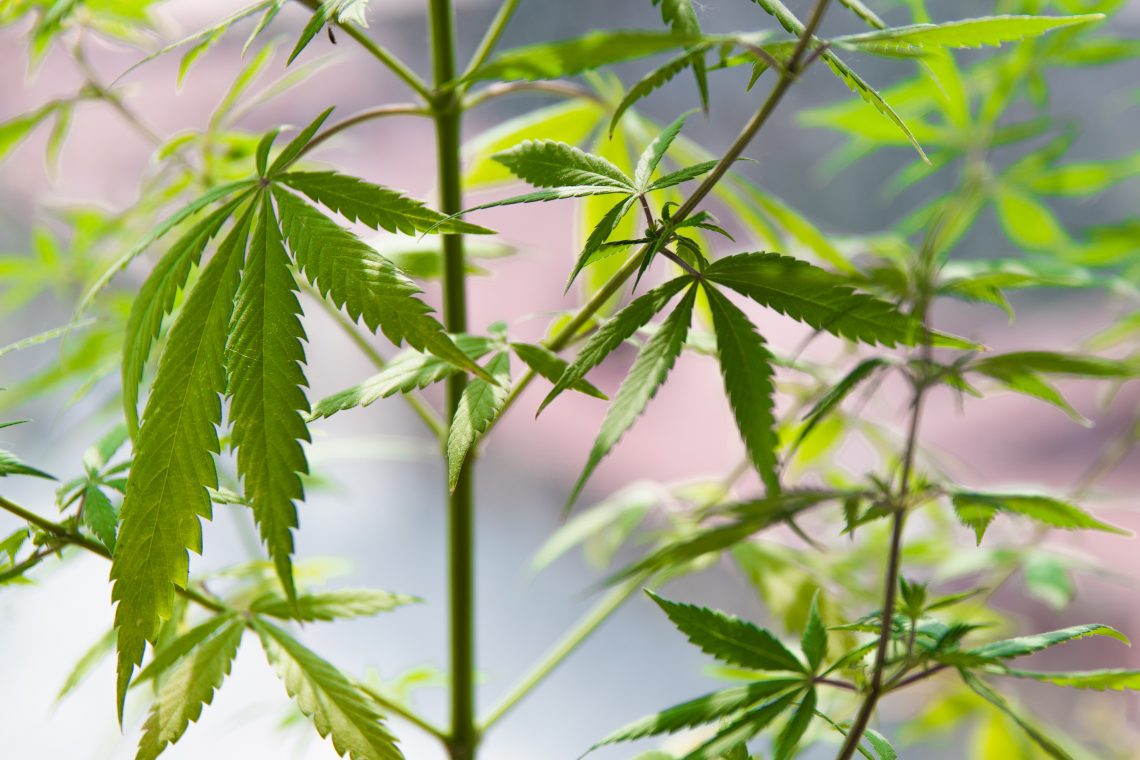Drug addiction is a serious problem that affects people of different age groups. Many of those who do not abuse drugs mistake addicts as people who require stronger morals or willpower. This couldn’t be any truer because addiction is a complex disorder that changes the brain, making it difficult for an individual to quit the behavior. This article will dive deeper into the topic of addiction to demonstrate how this disorder affects different age groups.
Age Breakdown
The transition of youth into adulthood is a phase that is highly characterized by increased rates of alcohol and drug abuse. That is true because, in this phase, many of the symptoms of substance abuse begin to come out clearly. According to the Substance Abuse and Mental Health Services Administration, more than a million American adolescents from the ages of twelve to seventeen suffered from addiction in 2014.
In another survey of about 1000 adolescents of ages 12 to 17 years, about 75 percent noted that peer influence was the main reason for engaging in drugs and substance use. This included the influence of smoking and drinking via social media. Undoubtedly, the most common age group to suffer addiction are the youth from the mid-teenage years to mid-twenties. As such, it is not a surprise to note in a majority of the government data that youth between the ages of eighteen to twenty-five years suffer from substance use problems.
Illicit Drug Use
The use of marijuana has increased since 2007. According to reports, 19.8 million users were reported to use marijuana in 2013 – representing 7.5% of individuals from the age of 12 or above. This figure was up from 14.5 million in 2007.
The utilization of other drugs apart from marijuana has either declined or stabilized over the past decades. In 2013, it was reported that approximately 7 million Americans from the age of 12 and above utilized prescription drugs for non-medical purposes. These included drugs such as tranquilizers, stimulants, pain relievers, and sedatives. Furthermore, 1.3 million Americans were reported to use hallucinogens, including LSD and ecstasy.
The use of cocaine was also reported to be on the decline. In 2013, current users of the ages of 12 or above were about 1.5 million. However, the use of Meth increased in 2013, with about 595,000 users being reported to use Meth compared to 353,000 users reported in 2010.
Most individuals utilize illicit drugs for the first time in their teenage years. In 2013, there were approximately 2.8 million new users of illicit substances, or approximately 7,800 new users a day. More than fifty percent were users below the age of 18 years, with more than fifty percent of the new illicit drug users starting with marijuana as their drug of choice. Other commonly used substances are pain relievers, which are followed closely by inhalants, a commonly used drug among young teens.
Bottom Line
It’s important to keep in mind that most of the data given here was primarily based on 2013 reports. While that is the case, this information paints a gloomy picture of the nature of substance abuse and clearly shows that teenagers and young adults are the ones mainly affected by addiction.
Read more lifestyle articles at ClichéMag.com
Images provided by BingAI, Adobe Stock, Flickr, Unsplash, Pexels, Pixabay & Creative Commons





